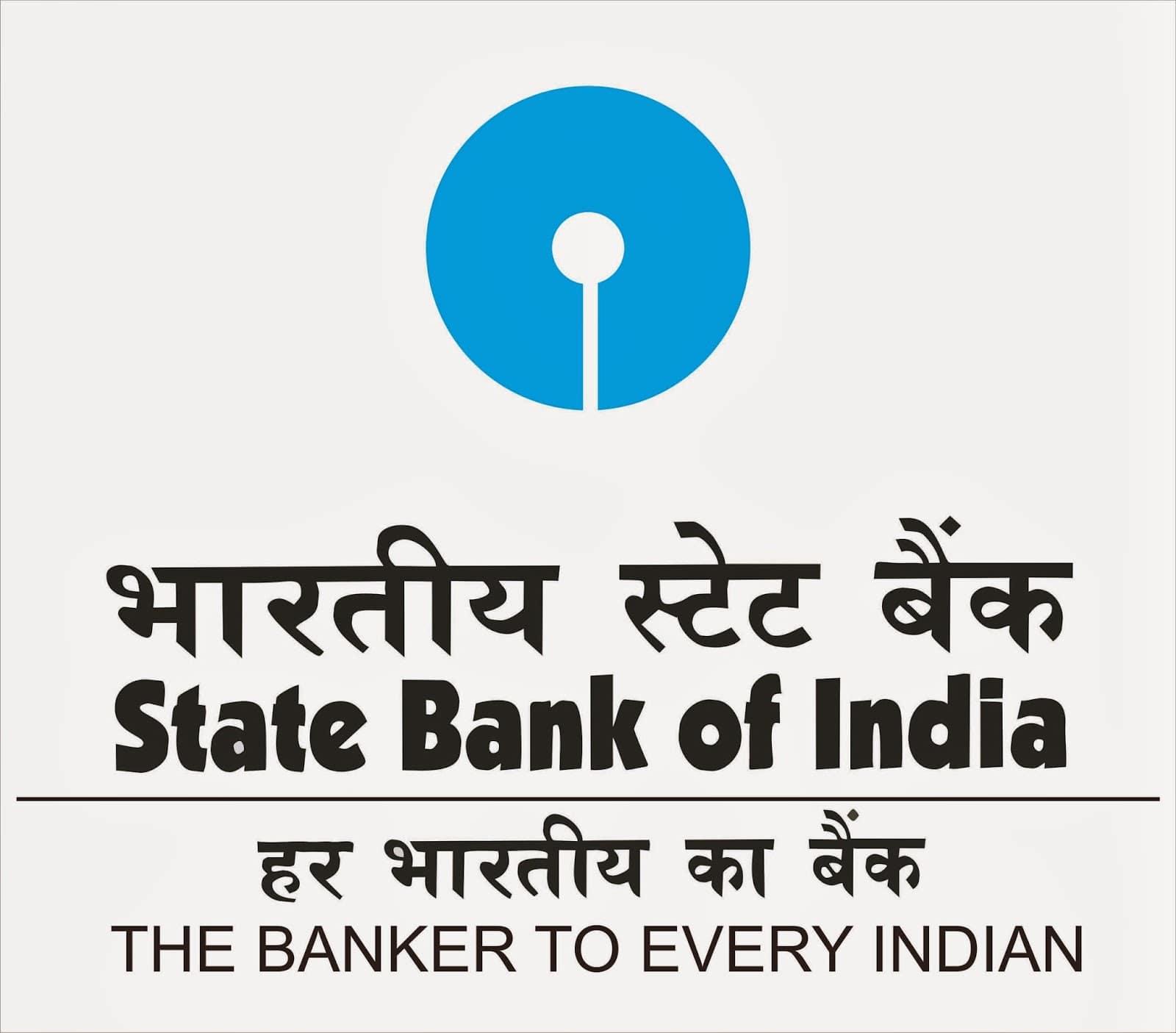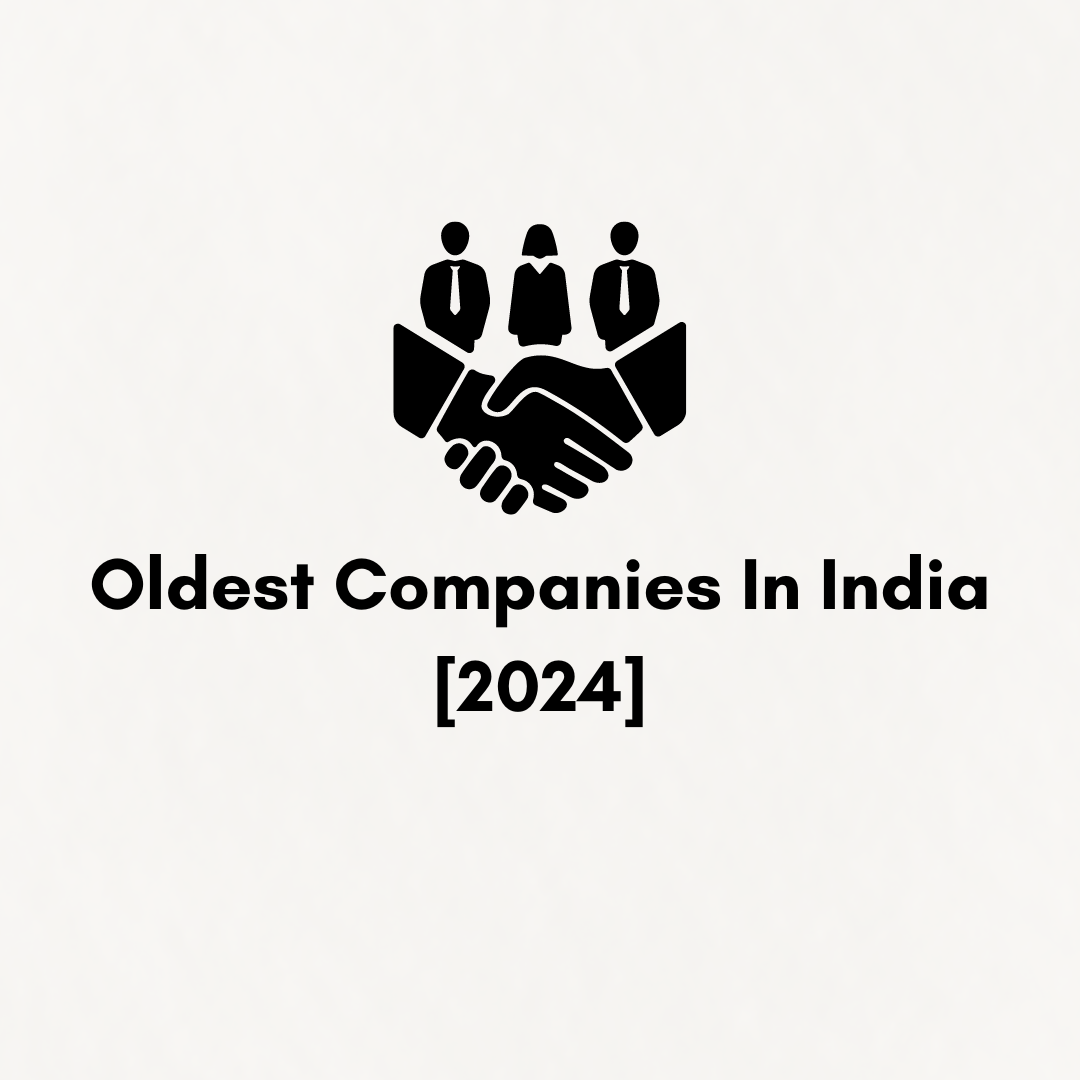In the present day, India takes great pride in the most innovative and unconventional firms, such as Paytm, Ola, and Zomato, to name just a few. But this passion for starting businesses is not something that has emerged in recent times. Every single Indian has always gravitated towards the vocation of 'Vyaapaar' as a potential career path. Throughout India's long and illustrious history, this has occurred for millennials.
For a company to create an impression in the market, particularly in a place like India, it requires a great deal of resiliency and being prepared to take risks. While certain businesses have been able to maintain their position in the market for more than a century, there are also those businesses that have been able to be overtaken by newer competitors.
The oldest company in India, with origins traceable to 1736, is the Wadia Group. Its subsidiary, The Bombay Burmah Trading Corporation Limited, was established in 1863 and is the oldest publicly traded company in India
Oldest Publicly Traded Company
The Bombay Burmah Trading Corporation Limited, a subsidiary of the Wadia Group, holds the title of the oldest publicly traded company in India, established in 1863.
Oldest Media House
The Times Group, owned by Bennett Coleman and Company Ltd., is India's oldest and largest media house, founded in 1838.

Oldest Company in India
The Wadia Group is India's longest-running and most diverse company, having holdings in food processing, chemicals, textiles, real estate, and fast-moving consumer goods (FMCG).
Among the Group's holdings, four are listed on the Indian Stock Exchanges: Britannia, a 102-year-old FMCG company in the Nifty 50 index; Bombay Burmah, a 150-year-old tea and other business; Bombay Dyeing, a 140-year-old textile and real estate company; and NPL, a manufacturer of hydrogen peroxide.
The Wadia Group, a multinational conglomerate based in Mumbai, India, was established in Surat by Lovji Nusserwanjee Wadia in 1736. It holds the distinction of being the oldest company in India, and its subsidiary, The Bombay Burmah Trading Corporation Limited, which was founded in 1863, is the oldest publicly traded Indian company.
Wadia Group Companies
- Consumer
- Bombay Dyeing
- Britannia
- Real Estate
- Bombay Realty
- Wadia Techno-Engineering Services
- Plantations
- Bombay Burmah
- Chemicals
- National Chemicals
- Healthcare
- Dental Products
- Medical Microtechnology
- Instruments Orthopaedics
List Of The Oldest Companies In India
| Oldest Companies in India | Year of Establishment |
|---|---|
| Wadia Group | 1736 |
| Cox & Kings | 1758 |
| Forbes & Company | 1767 |
| Jessop & Company[2] | 1788 |
| Parrys[3] | 1788 |
| Binny and Co. | 1797 |
| State Bank of India[4] | 1806 |
| Hooghly Cochin Shipyard Limited | 1819 |
| Rama Prasad Goenka Group (RPG Group) | 1820 |
| Purshottam Narayan Gadgil (P. N. Gadgil Jewellers)[5] | 1832 |
| The Times Group | 1838 |
| Higginbotham's | 1844 |
| Mohan Meakin | 1855 |
| Aditya Birla Group | 1857 |
| Chandra Kant Birla Group (CK Birla Group) | 1857 |
| United Breweries Group | 1857 |
| Alipore Jail Press | 1858 |
| Greaves Cotton | 1859 |
| J Thomas & Co. Pvt. Ltd. | 1861 |
| Andrew Yule and Company | 1863 |
| Bombay Burmah Trading Corporation[1] | 1863 |
| Spencer's Retail | 1863 |
| Tribhovandas Bhimji Zaveri | 1864 |
| Shapoorji Pallonji Group | 1865 |
| Nestlé India | 1866 |
| Balmer Lawrie and Co. | 1867 |
| Tata Group | 1868 |
Oldest Companies in India
There is no doubt that startups were created to boost the market; however, do they deserve all of the attention that they receive? This is especially true when we consider the fact that many of them have failed to survive owing to intense competition and a lack of expertise before they reach adulthood. However, several businesses in India have existed for more than a century and have been profitable.
It is sometimes nothing short of a miracle to be able to make a business prosper and endure, even for a short period. Starting a business is already a challenging endeavor. Every single one of these businesses on our list has triumphed against difficulty; they have all endured for more than a century, and they are all, amazingly, still operating today. The list is as follows:
Wadia Group (1736)
The Wadia group, which is India's oldest conglomerate, was established in 1736 by a Parsi businessman named Lovji Nusserwanjee Wadia. He was successful in securing contracts with the British East India Company to construct ships and piers. The business went on to construct more than 300 vessels, some of which were even utilized in conflicts, such as the HMS Minden and the HMS Trincomalee, both of which are still in existence today and are considered to be historic relics.
Furthermore, the Wadia group, which was led by Lovji and his brother Sorabji, was responsible for the construction of the Surat shipbreaking yard as well as the Bombay dry dock, which was the first dry dock in Asia. It is also possible to attribute to them the fact that they used Bombay as a crucial port for the British in Asia.
Along with this, the corporation is credited with the establishment of the Bombay Dyeing Corporation in the year 1879, which is now considered to be the flagship company of their empire. The company was initially established as a small-scale enterprise, which consisted of spinning cotton yarn and dyeing it by dipping it in red, green, and orange solutions.
The company's market capitalization is currently greater than 1,500 crores of rupees. Today, the company operates in a variety of industries, including aviation, healthcare, chemicals, and fast-moving consumer goods, and even owns the Indian Premier League franchise Punjab Kings.
Eid-Parry Ltd (1788)
In contrast to several other businesses, Eid-Parry Ltd was initially established in 1788 by the English merchant Thomas Parry under the name Parry & Co. It was established initially as a trade corporation for sugar and spirits. The company had grown to become the largest sugar trader in the country over sixty years. As a result of this, the corporation decided to establish East India Distilleries and Sugar Factories Ltd. to divide its sugar and spirits businesses independently.
Additionally, it is believed that the corporation was the pioneer in the production of fertilizers in the Indian Subcontinent regions. After another merger, the companies came together to become EID Parry in 1962, and the Murugappa group went on to acquire the company.

Even in the present day, the enterprise continues to be a dominant force in the sugar industry, as it is able to crush 32,500 (TCD) Metric Tonnes of cane every single day. Distillery, biofertilizers, and nutraceuticals are only some of the industries that the company is involved in while also operating in other industries. It boasts of a market capitalization of 8,922.03 crores.
State Bank of India – SBI (1806)
Many people are taken aback by the fact that the SBI is not only the oldest group but also the reason it was established in the first place. It was established in 1806 under the name Bank of Calcutta, and its primary purpose was to provide financial support for British General Wellesley's fight against the Marathas and Tipu Sultan, the ruler of Mysore!
During the year 1809, the bank was rebranded as the Bank of Bengal. In 1955, the Government of India renamed the bank the Imperial Bank of India, following a series of mergers with other banks in the country and a subsequent official name change. Since that time, the bank has been known by its new name, the State Bank of India.
The State Bank of India (SBI) is one of the few banks in the country that can brag of having had customers of such high esteem as Rabindranath Tagore, who was awarded the Nobel Prize, Sir Jagadish Chandra Bose, a physicist, who was a pioneer in the exploration of radio and microwave optics, and Rajendra Prasad, the first President of India. They were among those who were involved in this endeavor.
With a market capitalization of Rs. 5,15,887 crores, the State Bank of India (SBI) is currently one of the largest banks in the country. According to Fortune 500, SBI was listed as the 43rd largest bank in the world in the year 2020. Additionally, it was placed as the 221st largest firm.
RPG Group (1820)
The Goenka family, who are billionaires in India, are revered by many people today. However, it is also possible to trace their origins back to the 19th century, when Ramdutt Goenka established the company in the year 1820. On the other hand, Ramdutt's nephew, Keshav Prasad Goenka, was responsible for expanding the company.
In addition to purchasing Octavious Steel and Duncan Brothers, Keshav Prasad Goenka was instrumental in the acquisition of a number of other companies, which ultimately resulted in the corporation becoming a conglomerate. The RPG Group was established by his eldest son, R. P. Goenka.
Currently, the group is well-known for its major enterprises, such as CEAT Tyres and RPG Life Sciences, which belong to the pharmaceutical industry. In addition to its operations in the energy production industry, the billion-dollar company is also involved in the infrastructure and technology industries.
Aditya Birla Group (1857)
In 1857, Shiv Narayan Birla established the Aditya Birla Group, which is now considered to be one of the most successful corporations in the country. Nevertheless, Ghanshyamdas Birla was the one who was instrumental in propelling the Birla firms to the position they are in at the present day.
The increased demand for gunny bags during World War I was a major factor in the growth of the company, which had initially established a trading operation in jute. Ghanshyamdas Birla was not only a close confidante of Mahatma Gandhi but also played a significant part in the movement for India's independence against British rule.
When compared to its humble beginnings, the company, which is now worth billions of dollars, has come a long way. In 2019, the corporation made a purchase of 48.3 billion dollars. The Aditya Birla Group is involved in a variety of industries, including but not limited to the textile, finance, cement, mining, metal, retail, and telecommunications sectors.

Dabur India Ltd
Dabur India Ltd, which has its origins in Daktar Burman, is a multinational company in India that specializes in consumer goods. Established in 1884 by S. K. Burman, the company is based in Ghaziabad, Uttar Pradesh. Dabur is known for manufacturing Ayurvedic medicine and natural consumer products, and is recognized as one of the leading fast-moving consumer goods (FMCG) companies in India.
Britannia Industries Limited
Britannia Industries Limited, an Indian food and beverage company established in 1892 and based in Kolkata, is among the oldest companies in India. It is currently a part of the Wadia Group led by Nusli Wadia and is renowned for its biscuit products. The company markets its Britannia and Tiger brands of biscuits, breads, and dairy items across India and in over 60 countries worldwide. Biscuits contribute to 90% of Britannia's annual revenue, and it holds an estimated 38% market share in the biscuit segment. Additionally, Britannia is recognized as one of India's 100 Most Trusted brands as per The Brand Trust Report.
The company's revenue is primarily derived from the consumer care business, with a smaller percentage coming from the food business and international business unit. As of June 21, 2021, Dabur's market capitalization stands at 101,077 crores.
We discussed a compilation of the oldest businesses in India that are still operating at present. Studying the history of the oldest companies and learning about their pasts is a lesson in history in and of itself. Furthermore, these corporations are a demonstrative example of the entrepreneurial spirit, including businesses led by women, that exists in India.











